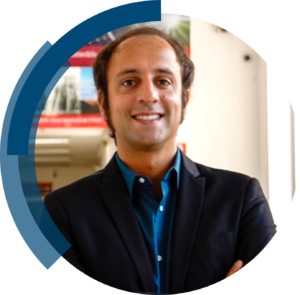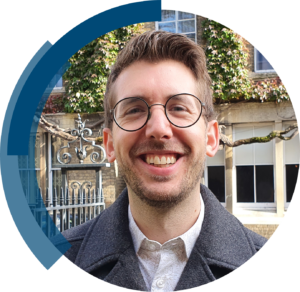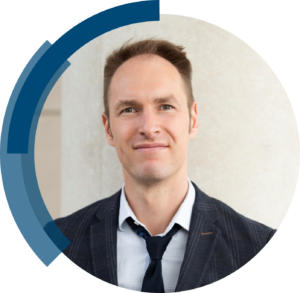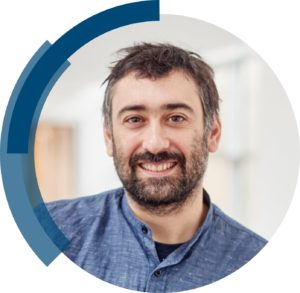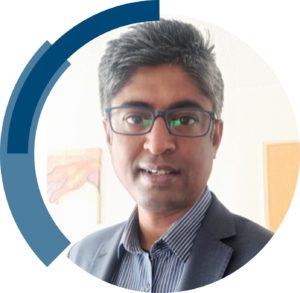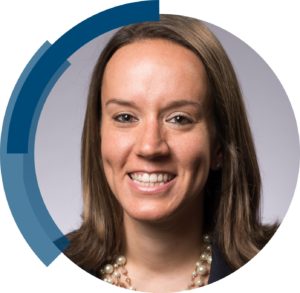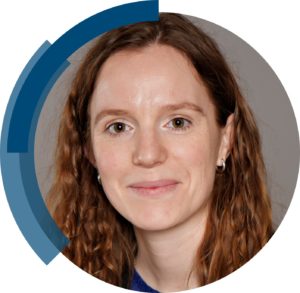Announcing our joint winners for 2024, Federico Bella and Grace Han
On behalf of the ChemComm Editorial Board, we are delighted to announce the winners of the 2024 ChemComm Emerging Investigator Lectureship – Federico Bella (Politecnico di Torino) and Grace Han (Brandeis University).
Federico and Grace join our recent past winners Josep Cornella (2022), Keary Engle and Thomas Bennett (2021).
Get to know more about Federico and Grace below:
Federico Bella is Full Professor of Chemistry at Politecnico di Torino (Italy). His main scientific activity covers post-lithium batteries and electrochemical ammonia production, through sustainable chemistry-oriented and multivariate approaches. He has published more than 130 papers and counts a h-index of 75. He has received awards from the most important worldwide scientific associations, such as the International Society of Electrochemistry (2023 Tajima Prize), the Royal Society of Chemistry (2021 Horizon Prize), and the Accademia Nazionale dei Lincei (2019 Piontelli International Award). He is coordinating an ERC Starting Grant project (SuN2rise), with an overall fund of 1.5 M euros, and has recently launched the first Italian research laboratory on potassium-based batteries.
Discover the latest research coming out of Federico’s laboratory at https://www.facebook.com/ElectrochemistryGroupPoliTO
Grace Han received her PhD in 2015 at MIT, where she worked with Professor Timothy Swager on the development of organic materials for photovoltaics. She then joined the Department of Materials Science and Engineering at MIT as a postdoctoral associate with Professor Jeffrey Grossman. Grace has been awarded several honors during her independent career, including a 2022 AFOSR Young Investigator Research Program Award, a 2022 NSF CAREER award, a 2022 Alfred P. Sloan Research Fellowship, a 2023 Camille Dreyfus Teacher-Scholar Award, a 2023 DFG Mercator Fellowship, and a 2023 DoD DURIP Award.
She is currently an Associate Professor of Chemistry at Brandeis University, and her group’s research focuses on the discovery of molecular photoswitches and photochemistry for applications including the solar energy conversion and storage, optically-controlled catalyst recycling, and light-induced phase transitions.
Find more info about Grace and her group on Twitter @GraceGDHan.
As part of the Lectureship award, Federico and Grace will be presenting lectures over the coming 12 months. Details of the lectures will be announced in due course but keep an eye on our Twitter @ChemCommun and Linkedin for details!
Highly Commended Nominations
Each year, many excellent researchers get nominated for the ChemComm Emerging Investigator Lectureship award. Due to the repeatedly very high standard of nominations this year, we have again decided to select a number of Highly Commended candidates, who the Editorial Board highlighted as performing exceptional science and deserving of recognition in the community.
Michael Booth is a Lecturer (Assistant Professor) in Organic Chemistry and Chemical Biology in the Department of Chemistry at University College London, UK. He also holds a Royal Society University Research Fellowship. He completed his PhD at the University of Cambridge, UK, and a Junior Research Fellowship at the University of Oxford, UK. The Booth research group focuses on developing new chemical modifications of nucleic acids and demonstrating their application in synthetic biology and medicine.
Find out more about Michael’s research at his group’s homepage.
Cesar de la Fuente is a Presidential Assistant Professor at the University of Pennsylvania where he leads the Machine Biology Group. He completed his postdoctoral research at MIT and earned a PhD from UBC. His research aims to use machines to accelerate biological and medical discoveries. He developed the first computer-designed antibiotic effective in animal models, helping launch the field of AI for antibiotic discovery. His lab has pioneered computational methods to mine biological information, leading to new antimicrobials and exploring the human proteome as an antibiotic source. They were the first to find therapeutic molecules in extinct organisms, initiating the field of molecular de-extinction. Prof. de la Fuente was selected as the inaugural recipient of the Langer Prize and as an ACS Kavli Emerging Leader in Chemistry, an ASM Distinguished Lecturer, Waksman Foundation Lecturer, and received the Miklós Bondanszky Award, AIChE’s 35 Under 35 Award, Society of Hispanic Professional Engineers Young Investigator Award, and the ACS Infectious Diseases Young Investigator Award. He has been named a Highly Cited Researcher by Clarivate multiple times, and has given over 250 invited lectures, including numerous Keynote and Named Lectures, and has spoken at TEDx.
Find out more about Cesar’s research at his group’s homepage.
Nikolay Kornienko obtained his PhD from UC Berkeley in 2016 (advisor: Prof. Peidong Yang). He then carried out postdoctoral studies at the University of Cambridge as a Royal Society Newton Fellow from 2016-2018 (advisor: Prof. Erwin Reisner). Following this, Prof. Kornienko began his independent career at the University of Montreal, first as an Assistant Professor and then as an Associate Professor. In 2023, Prof. Kornienko moved to the University of Bonn in Germany as a Full W3 Professor in the Institute of Inorganic Chemistry. His group focuses on electrocatalyst development, reaction mechanisms, and new routes for small molecule activation, all in the context of sustainability.
Find out more about Nikolay’s research at his group’s homepage.


